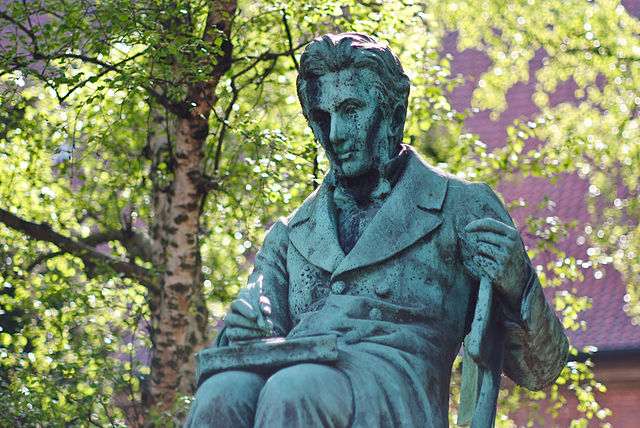One of the highlights of my summers working at the Acton Institute is leading discussions with our interns over major ideas, thinkers, and issues. This afternoon we had a spirited and thought provoking discussion about conservative critiques of liberalism. We discussed Patrick Deneen’s Why Liberalism Failed (Helpfully discussed in this Econtalk podcast), a critical review, and a couple of related blog posts.
In these discussions I usually like to keep my cards close to my chest to better facilitate the discussion but, as one of the blog posts under discussion was my own, I resigned myself to entering into the fray while trying to be even-handed in my presentation. I was delighted with the results as many of our interns brought insightful as well as critical questions and observations.
In the middle of our discussion I made the claim that freedom was the necessary but not sufficient condition for virtue. Several interns pointed out that many heroic persons throughout history acted virtuously in the face of totalitarian regimes. One intern pointed me to St. Paul who teaches us that,
No temptation has overtaken you that is not common to man. God is faithful, and he will not let you be tempted beyond your ability, but with the temptation he will also provide the way of escape, that you may be able to endure it. (1 Corinthians 10:13)
She, and St. Paul, are right. One always has the opportunity to act with integrity and faithfulness. This reminded me of Søren Kierkegaard who rightly observed, “People hardly ever make use of the freedom they have.” Even within institutional contexts in which the cost of discipleship is high we are still called to holiness. In fact, the only way in which a more just social order can be established is when heroic persons act according to their nature and conscience in the face of systems which seek to destroy both.
The degree to which truly liberal political orders emerge and endure are to the precise extent that those who form and sustain them act according to their natural rights and duties, regardless of their present political context. The free and virtuous society is realized by the free and virtuous actions of individuals. These actions are always oriented towards, but not always within, free societies.
I’ve written before about how the Acton Institute is a place of teaching and learning and I am so thankful for the lessons our interns taught me today!

